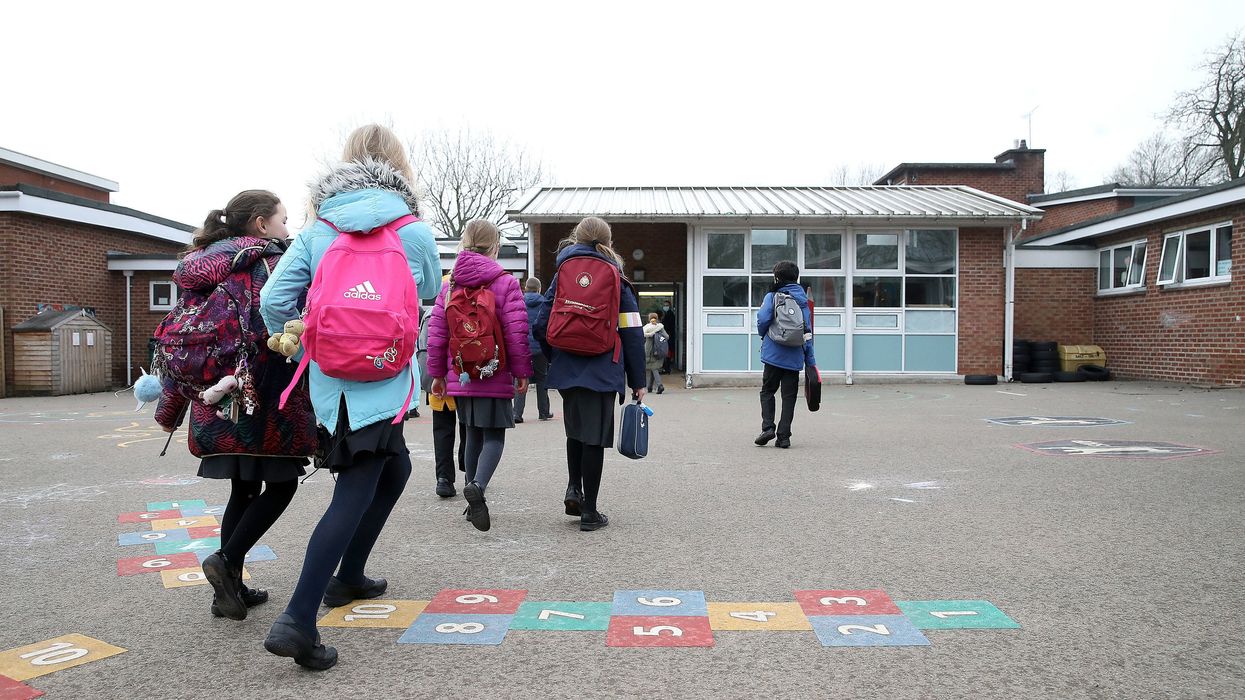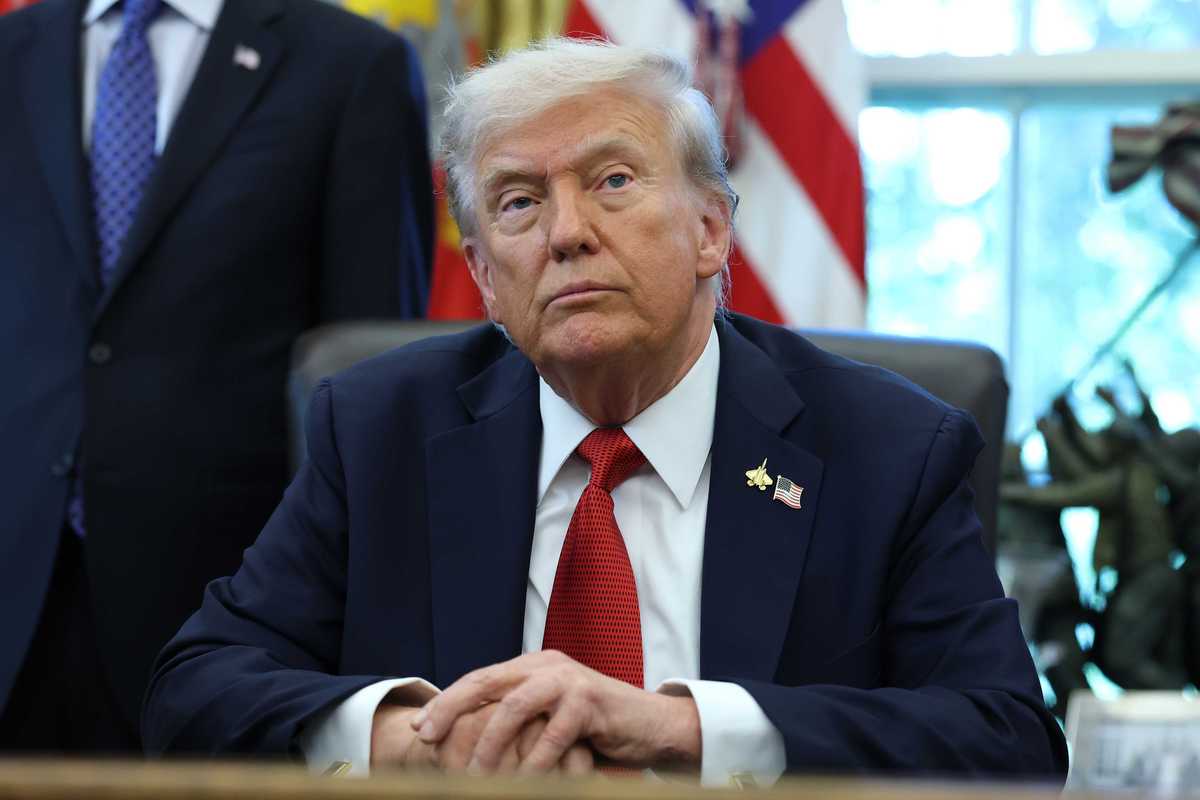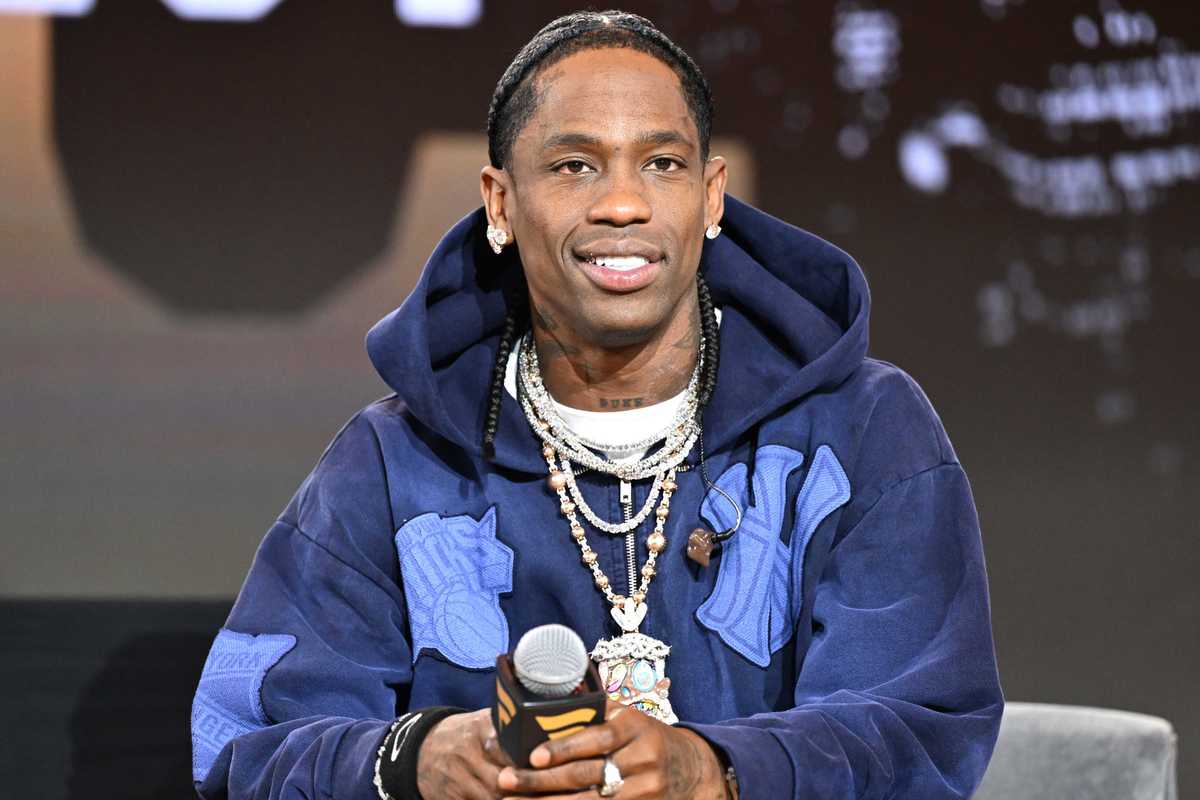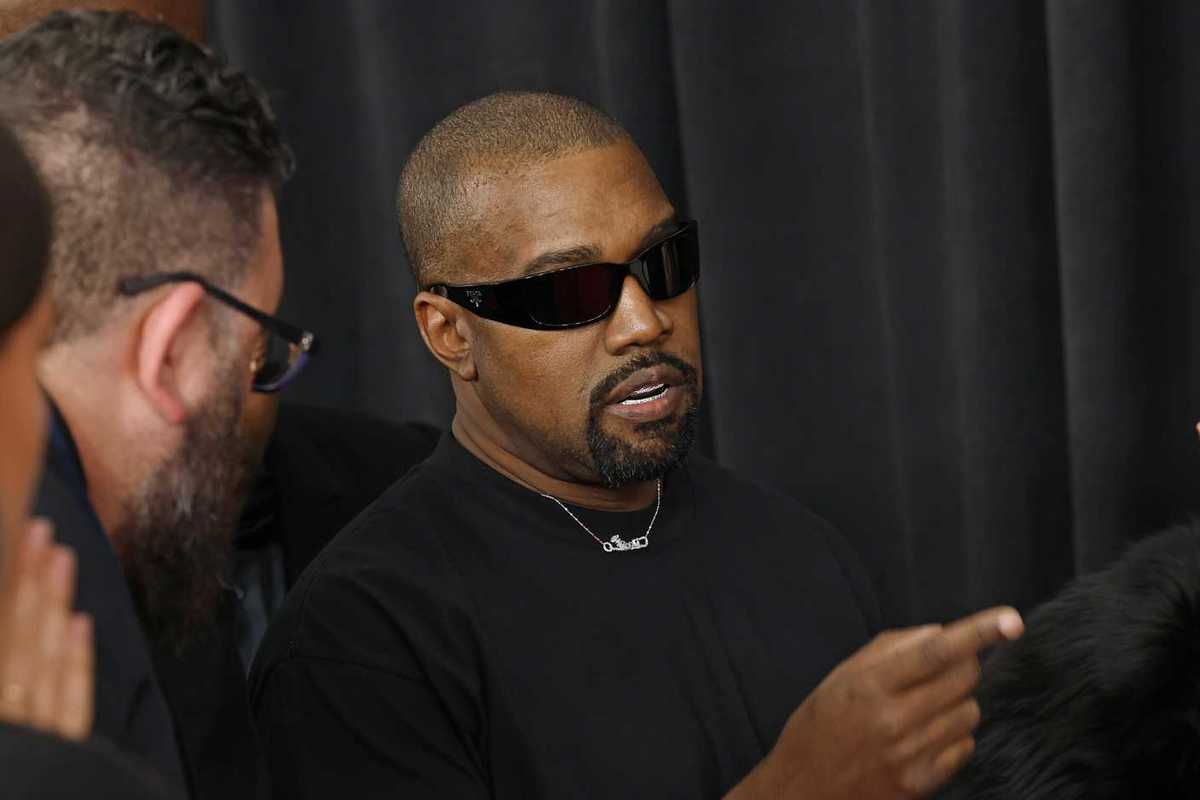Kate Plummer
Jun 22, 2021
Today, a government report was published that opened a veritable can of worms in Britain.
An Education Select Committee argued, among other things, that the term ‘white privilege’ was “divisive” and was causing the education system to “neglect” white working-class pupils.
The committee split along party lines, with the Labour Party refusing to endorse the Conservative’s propositions. Meanwhile, pundits took to Twitter and broadcast to defend or slam the report, depending on their stance.
What exactly is going on?
Let’s dive in.
What does the report say?
The report found that white pupils on free school meals had lower attainment at every level of education than almost any other group.
At GCSE, for instance, in 2019, 18 per cent of white British pupils on free meals achieved grade 5 in English and maths, compared with 23 per cent for the average for pupils on free meals. And for university entry, 16 per cent of white British pupils on free meals get places, compared with 59 per cent of Black African pupils on free meals, 59 per cent of Bangladeshi pupils on free meals and 32 per cent of Black Caribbean pupils on free meals.
The report said that that was due to a number of factors including poor local jobs market and lack of opportunities, families with a legacy of poverty, and disengaged parents with a poor experience of education.
The MPs also made a series of recommendations to improve white working-class pupils’ outcomes, including finding “a better way to talk about racial disparities”. And they agreed with the Commission on Race and Ethnic Disparities that discourse around the term “white privilege” could be “divisive”.
Speaking to BBC Radio 4, Tory MP and chair of the committee Robert Halfon said: “The concept of white privilege is wrong-headed for a number of reasons.
“It says that there is collective guilt when it should be individual responsibility for racist acts.”
Why is this controversial?
That white people have systematic privilege in society has been proven again and again. Statistics show Black people in the UK are more likely to be stopped and searched by police than white people. They are also more likely to be arrested and have forced used against them by police.
Meanwhile, speaking to the Metro, Dr. Remi Joseph-Salisbury, from the University of Manchester, said: “White privilege refers to the ways in which people racialised as white experience advantages over non-white people. These privileges are not random, but are the consequence of the systemic white supremacy that underpins our society.”
And Kehinde Andrews, a professor of black studies at Birmingham City University, told the BBC that “even if you’re poor and not doing the best in society, there’s still this benefit you get from being white.”
Need more? Psychologist John Amaechi explained to the BBC: “Privilege is a hard concept for people to understand because normally when we talk of privilege we imagine immediate unearned riches and tangible benefits for anyone who has it.
“But white privilege, and indeed all privilege, is actually more about the absence of inconvenience.
“When you have it, you really don’t notice it, but when it’s absent, it affects everything you do.”
Using the race report, published earlier this year has also proved controversial given its findings - that Britain is not institutionally racist - were widely slammed at the time. It also attracted scrutiny over the evidence used.
How have people reacted to the findings?
Geoff Barton, general secretary of the Association of School and College Leaders (ASCL), told Sky News the committee’s debate on the term “white privilege” was unhelpful.
“We’re not quite sure why the committee has chosen to enter the debate about the widely discredited report from the Commission on Race and Ethnic Disparities, and the term ‘white privilege’,” he said.
“This does not seem helpful and is likely to divert attention from the rest of the report.
“Schools are well aware of their responsibilities and do a very good job in providing opportunities for discussion around issues in a sensitive, balanced and measured way.”
Here’s how other people reacted:
The Tory committee members included a whole section on ‘white privilege’. I’m concerned this report will be used… https://t.co/2xJTQ79jAJ— Fleur Anderson MP (@Fleur Anderson MP) 1624345638
The term 'white privilege' didn't cause the neglect of white working-class pupils. A decade of Conservative auster… https://t.co/ikwWFJcPbr— David Lammy (@David Lammy) 1624354666
The truth is that this government fails pupils across the board. They also have no significant proposals to fundame… https://t.co/sDIMhsWzbS— Diane Abbott MP (@Diane Abbott MP) 1624343678
This is divisive & unhelpful. I'm from a working class background but still appreciate my #WhitePrivilege Class &… https://t.co/h52W7DMzO4— Eve Ainsworth (@Eve Ainsworth) 1624344766
#WhitePrivilege isn’t that white people, especially the poor working class, don’t suffer, it’s that their suffering… https://t.co/vg3tvcv1LA— nazir afzal (@nazir afzal) 1624344508
It’s not that difficult to understand. #WhitePrivilege means that people like me won’t be discriminated based on ou… https://t.co/ISDNUUFQ9m— Dr Alex Bulat (@Dr Alex Bulat) 1624357450
This government used an A-level algorithm which took the best grades from poor kids and gave them to rich kids...… https://t.co/wrtl0XkHYh— Femi (@Femi) 1624352008
According to Tory MPs, the "systemic neglect” of white working-class pupils is due to teaching concepts like "… https://t.co/L3PPaj6zlO— Northern Independence Party 🟨🟥 (@Northern Independence Party 🟨🟥) 1624351508
Meanwhile, people like Laurence Fox and Martin Daubney have fallen over themselves to defend it, and make of that what you will:
To all saying white people have never suffered as a direct result of their skin colour The neediest white pupils… https://t.co/ci3wamM5fw— Martin Daubney ✌🏻🇬🇧 (@Martin Daubney ✌🏻🇬🇧) 1624354459
Now that the myth of #WhitePrivilege has been debunked, it could be a good time to confront other societal issues.… https://t.co/wkrFJ1kOMk— Laurence Fox ✝️ (@Laurence Fox ✝️) 1624366842
Whether the reaction will have an impact on the language used in future reports remains to be seen, but we won’t be holding our breath.
Top 100
The Conversation (0)














